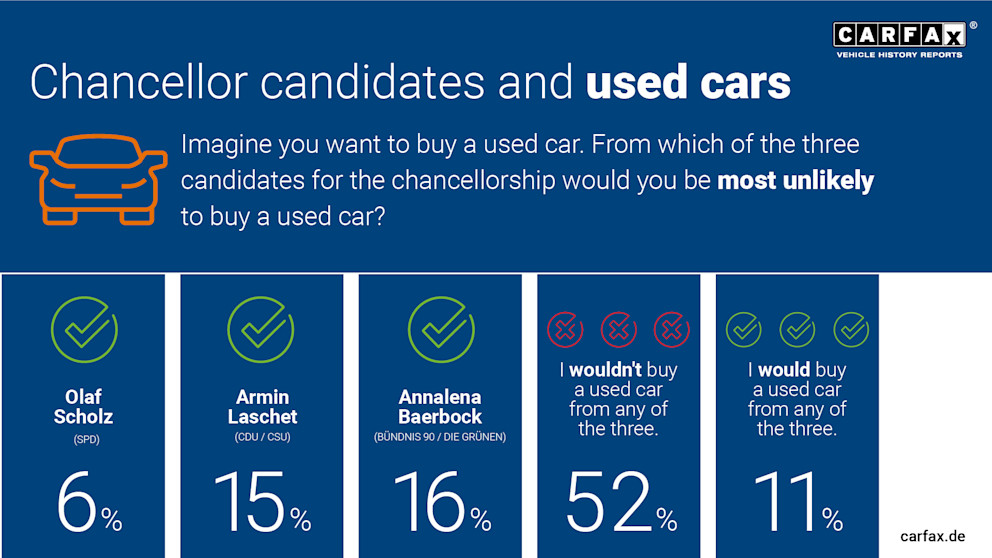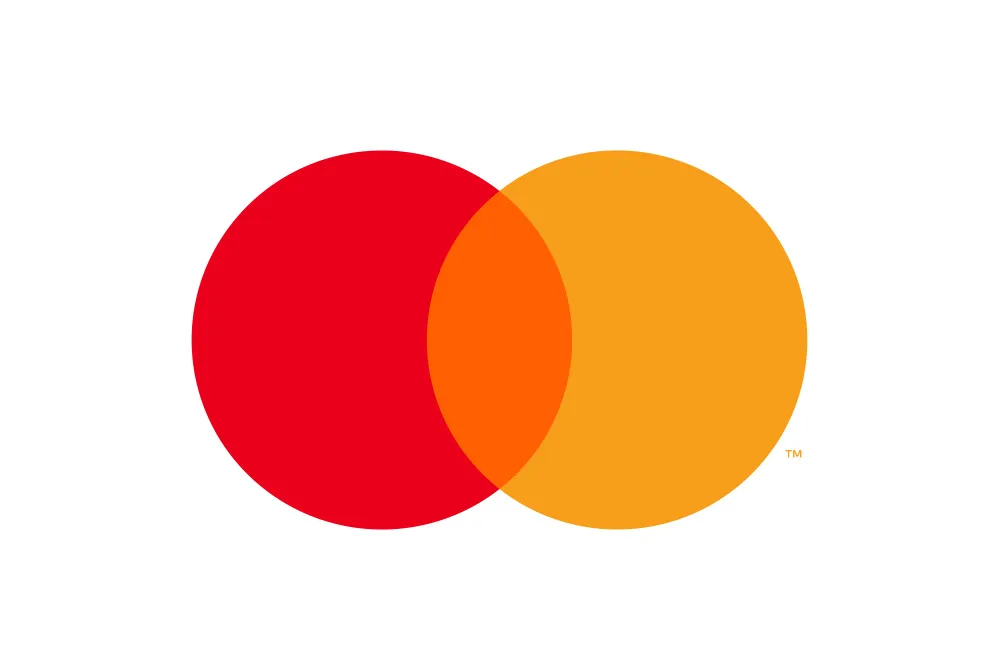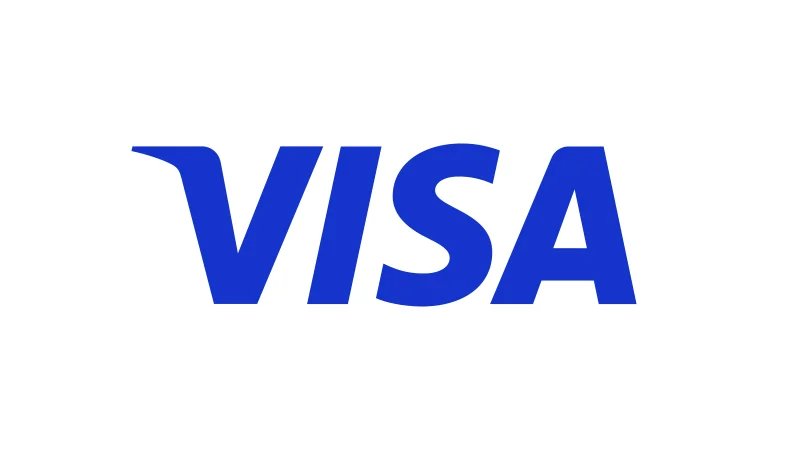A used car can be bought through a dealership or a private individual. The first option gives certain guarantees in terms of purchasing security, while the second one requires more attention from the buyer to avoid scams and frauds. In any case, it is always advisable to check the vehicle and its papers to avoid future problems.
Periodic Table of Buying a Used Car
Everything you need to know about buying a used car
The most common used car-buying scams
As buyers, we are open to a number of frauds and scams associated with the used car market. Unfortunately, with new technologies appearing almost every single day and online sales becoming a part of our day-to-day routine, more elaborate car-buying scams have emerged. Nowadays, the used car listing that has caught our attention may even be for a vehicle that doesn’t really exist.
These are some of the most common scams that you may face in the process of buying a used car:
- The odometer fraud: This car-buying scam is one of the most well-known and oldest tricks in the industry. Odometer fraud or odometer rollback is the act of tampering with a vehicle that results in a mileage reading lower than it actually is. This is done to make it look like the vehicle is worth more than its actual value.
- The Nigerian scam: This fraud has wreaked havoc in recent years. In short, a scammer introduces himself as a foreign buyer, offering to buy your car and pay with a bank transfer to cover the purchase of the car along with the shipping costs. He also claims that the bank has a commission when making an international bank transfer and asks you to pay half of this commission. By the time you transfer the money, the scammers are long gone.
- Curbstoning and title washing: The goal of curbstoners is to sell you a salvaged or damaged car. For this purpose, the car is dressed up cosmetically to conceal serious defects, like missing airbags or unsafe frame welding. Title washing scam conceals or erases salvage brandings that serve as a warning on cars that insurance companies have deemed to be a total loss after accidents or floods. These scams can be easily avoided if you check the car of your interest before making any concrete decision based on what the seller is telling and showing you. Scammers can whitewash the most disturbing facts about a car, but they can’t wash official records. The CARFAX report consists of reliable data acquired from legal sources and will show you if a car you’re interested in has ever been in an accident, stolen, or given a salvage title.
- VIN cloning: It is a common online fraud when scammers use a stolen VIN to make a stolen vehicle look legitimate. It can be hard to detect, and the stakes are high. If your car’s true identity is discovered, authorities will confiscate it, and you could even face criminal charges.
Scams when selling a car
Although it is usually the buyers who become victims of scams, there are cases when scammers pretend to be buyers themselves and lure unwitting sellers into their trap. Their strategy is quite simple. A scammer shows up pretending to be a private buyer wanting to buy your car. They then ask you for your bank account credentials to send money for the car you are selling. After the deal is closed, the scammer claims the transfer was unauthorized or was made through a fraudulent money transfer tool and attempts to keep both your money and your car. These stories usually have a sad ending, with victims losing their money and scammers disappearing without a trace. As a rule, such scams are committed with the help of fraudulent money transfer tools.
Scams when buying a used car – What to watch out for
To make sure you are not being ripped off when buying a used car, it is important to check that the vehicle you are interested in has all legal documents and has no visual defects. To do this, you should:
- Thoroughly inspect the vehicle on sight, preferably with the help of an expert or a mechanic.
- If the car has worn tires or shock absorbers, but the odometer readings are low, you should be suspicious. Chances are high that the vehicle’s mileage has been rolled back.
- It won’t hurt to ask a seller for a maintenance book. For example, if the car chassis number doesn’t match the one in its papers, it is a sign of theft or other fraudulent activity.
Avoiding scams when buying a used car
The first thing to do is to make sure the seller is reliable. If it is a dealer, see what other customers are saying about them. If it is a private seller, pay attention to the price, photos of the car, if there is any possibility for a test drive, or if the seller is insisting on a deposit. All these things can turn out to be huge red flags.
It is no harm to say it twice that you have to inspect the vehicle from top to bottom, and if necessary, ask for more photos or even videos to make sure that the car is in good condition. A good sign would be if the seller agrees to show you a vehicle history report for his car. It means that he has nothing to hide and is ready to provide you with confirmation of his words from an independent party.
Periodic Table of Buying a Used Car
Everything you need to know about buying a used car
Scammed when buying a used car? – What to do next
If a car appeared to have hidden defects, and you detected the fault within the first six months of purchase, it is presumed this fault was there at the time of the purchase, which means that in this case you as a buyer are entitled to a refund or can request the repair costs to be covered by the seller.
If you have fallen victim to a scam involving fraudulent activities with the car’s paperwork, go to the police and file a criminal complaint for fraud, inform your bank about the situation and seek possible solutions to this issue.










